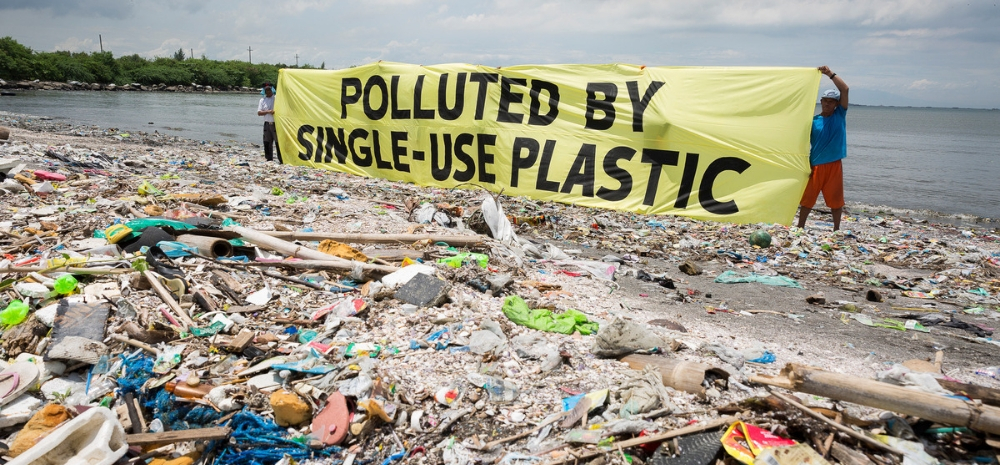Led by Guoliang “Greg” Liu, a team of researchers from Virginia Tech has developed an innovative method to upcycle polyethylene plastic into valuable chemicals, such as surfactants used in soap and detergent. This breakthrough emerged from identifying the molecular similarities between polyethylene and fatty acids, which are essential for soap production.

New Process Turns Plastic into Soap with Simple, Cost-Effective Method
Together with Ph.D. students Zhen Xu and Eric Munyaneza, Liu developed a process known as temperature-gradient thermolysis. By heating polyethylene in a controlled environment, they broke the plastic into short-chain molecules resembling the structure of fatty acids. This process yielded a wax-like residue, which was further converted into soap through saponification.
The method is both simple and cost-effective, primarily requiring plastic and heat, with a few additional ingredients to convert the wax into soap. Notably, it works on both polyethylene and polypropylene, two plastics commonly found in everyday consumer products. This advantageously eliminates the need for complex sorting before recycling.
Upcycling Plastic into Soap: A Sustainable Solution for Plastic Waste
The new upcycling method offers a promising solution to plastic waste by converting plastic into valuable soaps, which could have significant environmental benefits. Although soaps may seem less expensive than plastics, they can actually be more valuable by weight, making this process economically viable. The research team aims for global adoption of this method, hoping it will provide a sustainable way to reduce plastic waste while producing useful products.
Published in Science, Liu and his team’s work marks a significant advancement in developing simple, innovative plastic recycling methods with global potential. This technique not only tackles plastic pollution but also paves the way for future creative upcycling solutions.











